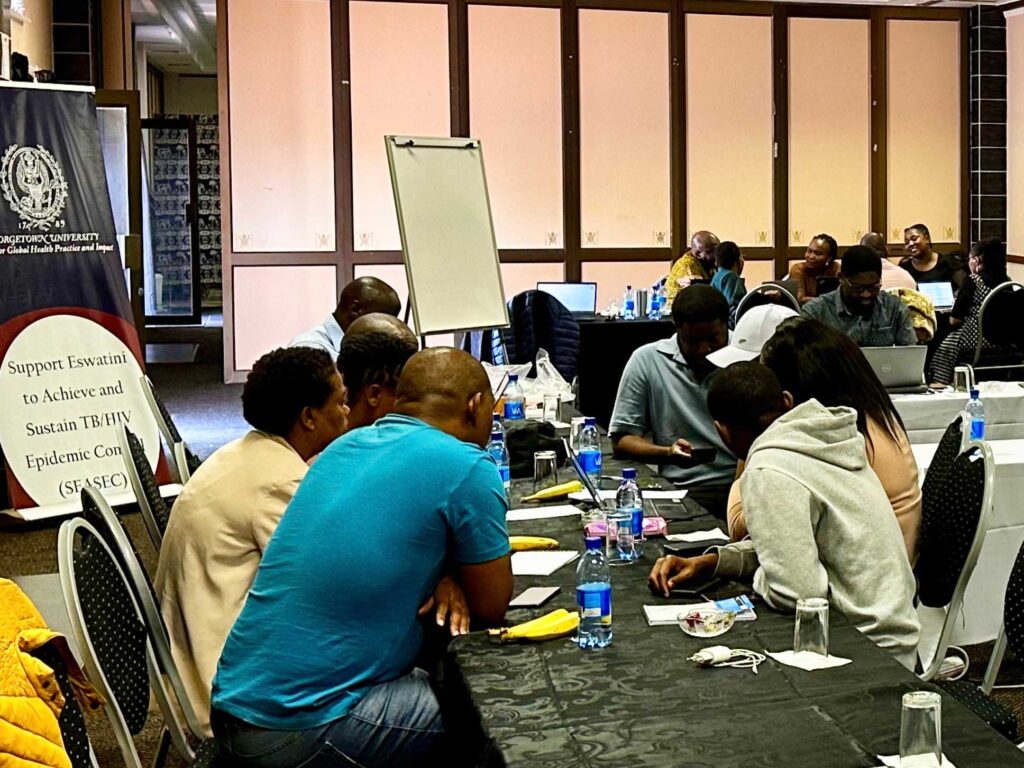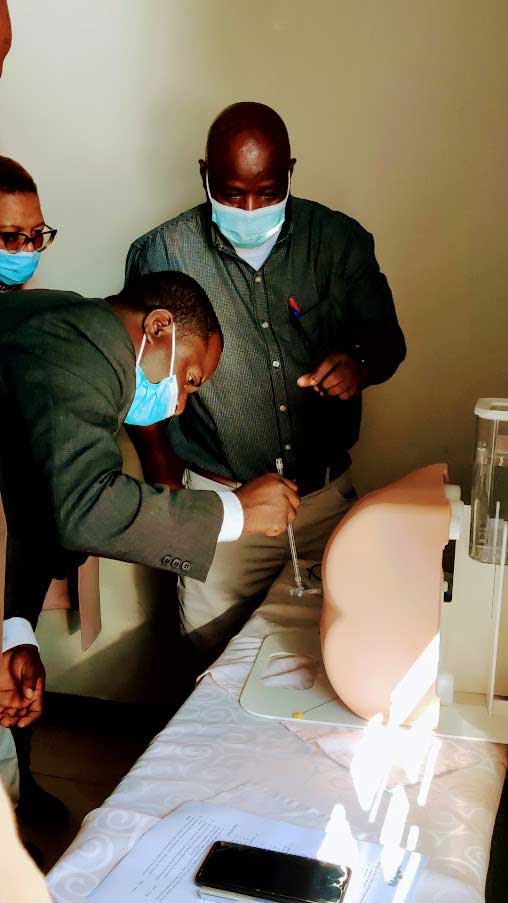

The Kingdom of Eswatini
Despite significant and continuous progress in the expansion of antiretroviral therapy (ART) programs globally, reductions in mortality from acquired immunodeficiency syndrome (AIDS) have slowed in many contexts. Currently, it is estimated that one third of individuals receiving care for human immunodeficiency virus (HIV) are living with advanced HIV disease (AHD), defined as a CD4+ cell count below 200 cells/μL or WHO Stage 3 or 4 illness. These individuals are at increased risk of opportunistic infections and death yet often experience challenges in continuing to engage in care.
Cryptococcal meningitis (CM), a critical fungal opportunistic infection, is the second-most common cause of HIV-related mortality in sub-Saharan Africa, where it accounts for an estimated 15-20% of HIV-related deaths. To bring focus to this preventable AHD-related mortality, a collaboration of global stakeholders developed standard guidelines under the Ending Cryptococcal Meningitis Death by 2030 Framework in 2021.
To support country efforts in aligning with these guidelines, Integral Global Consulting (IGC) partnered with Gilead Sciences to implement the Getting to Zero Cryptococcal Meningitis Deaths initiative, a phased project designed within the Ending CM Deaths Framework that aims to optimize AHD and cryptococcal disease care. IGC aimed to develop an evidence-based and data-driven plan for sustainable and integrated interventions optimizing CM and AHD care beginning in Eswatini. Through the Getting to Zero Deaths initiative, IGC and the Eswatini National AIDS Control Programme worked to:
- Build and strengthen collaborative partnerships and regular communications around AHD and cryptococcal disease activities
- Map the current AHD and cryptococcal disease cascade of care in detail to identify strengths, weaknesses, opportunities, and threats (SWOT analysis)
- Convene local, regional, and global experts on the optimal achievable care for AHD and cryptococcal disease in the Eswatini context
- Develop an implementation road map with in-country stakeholders outlining targeted and integrated interventions to optimize AHD and cryptococcal disease care
- Strengthen monitoring and evaluation (M&E) tools and reporting within existing M&E systems to ensure continuous and reliable data is available for future program monitoring and improvement




